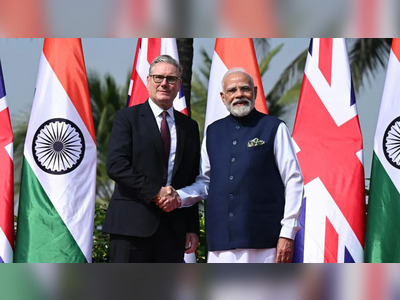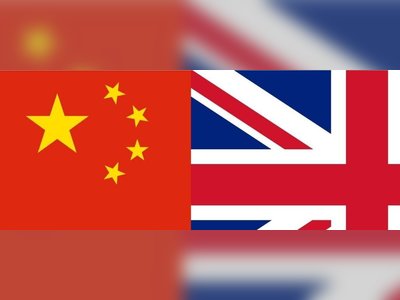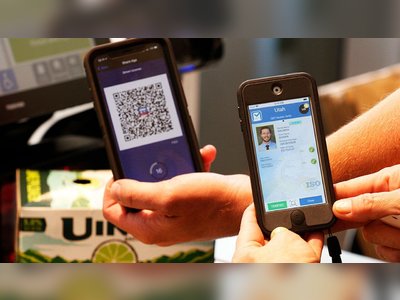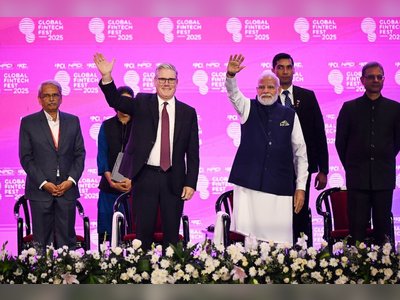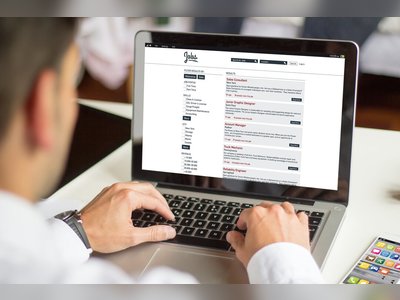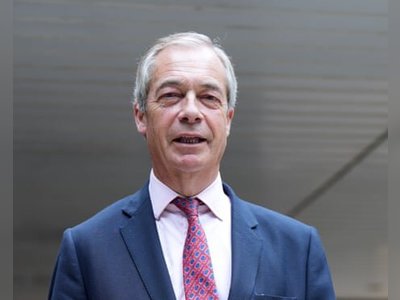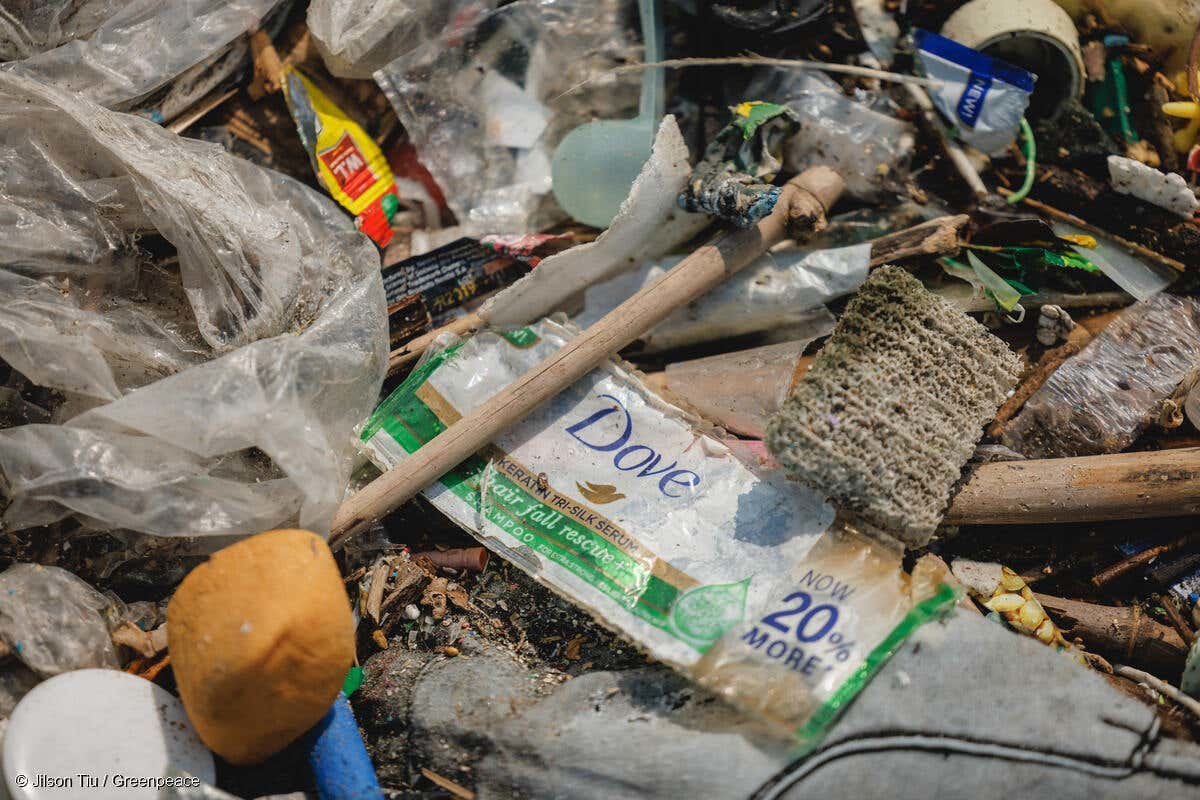
Unilever Faces Criticism for Selling Billions of Polluting Plastic Sachets
Unilever is under scrutiny for selling billions of harmful plastic sachets, with Greenpeace estimating sales at 1,700 per second in 2023. Despite Unilever's public commitment to eco-friendly business practices and reducing plastic usage, Greenpeace identified it as the top global seller of plastic sachets, predicted at 53 billion this year. The company had incrementally increased sachet production annually since 2010, contributing significantly to the surge in plastic waste that harms communities and ecosystems, particularly in the Global South. Efforts to ban these sachets have been due to their negative environmental and health effects.
Greenpeace further exposed Unilever's failure to meet its own sustainability goals, citing slow progress in transitioning to reusable packaging and the company's increasing plastic production, with a growth from 500,000 tonnes in 2017 to 713,000 tonnes in 2021. Unilever is unlikely to meet its target of halving virgin plastic usage by 2034, and currently, only 0.2% of its packaging is reusable.
Dove, one of Unilever's leading brands, alone contributes billions of single-use plastic sachets yearly. Greenpeace urges Unilever to eliminate single-use plastics and shift towards reuse within the next decade, advocating for similar goals in the UN Global Plastics Treaty to significantly reduce plastic production.
Greenpeace UK's Nina Schrank criticized Unilever for exacerbating the plastic crisis, and Marian Ledesma of Greenpeace Philippines highlighted the environmental and social injustices linked with the proliferation of plastic waste.
In response, a Unilever spokesperson acknowledged the ongoing issue of plastic pollution and their continuous efforts to enhance their use of recycled plastic and reduce sachet use. Unilever is part of a coalition pushing for a robust UN plastic treaty to address the issue beyond just recycling.
Dove, one of Unilever's leading brands, alone contributes billions of single-use plastic sachets yearly. Greenpeace urges Unilever to eliminate single-use plastics and shift towards reuse within the next decade, advocating for similar goals in the UN Global Plastics Treaty to significantly reduce plastic production.
Greenpeace UK's Nina Schrank criticized Unilever for exacerbating the plastic crisis, and Marian Ledesma of Greenpeace Philippines highlighted the environmental and social injustices linked with the proliferation of plastic waste.
In response, a Unilever spokesperson acknowledged the ongoing issue of plastic pollution and their continuous efforts to enhance their use of recycled plastic and reduce sachet use. Unilever is part of a coalition pushing for a robust UN plastic treaty to address the issue beyond just recycling.
